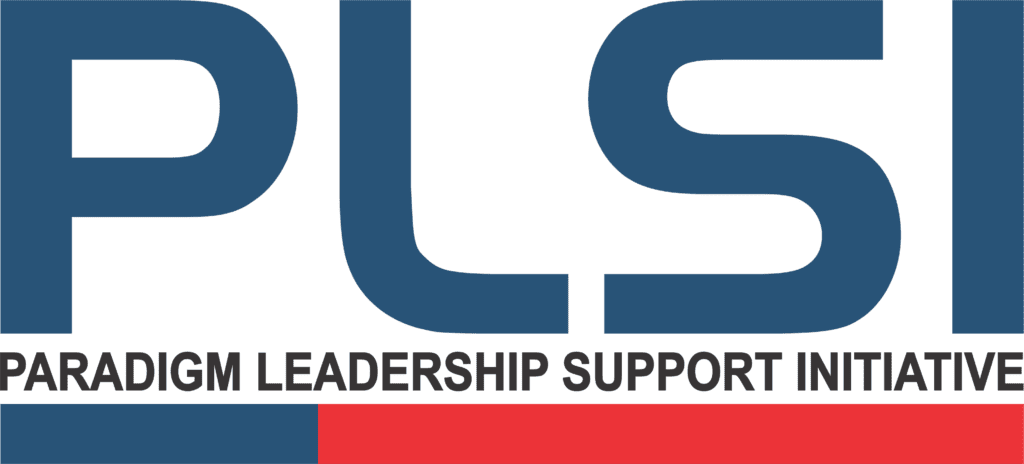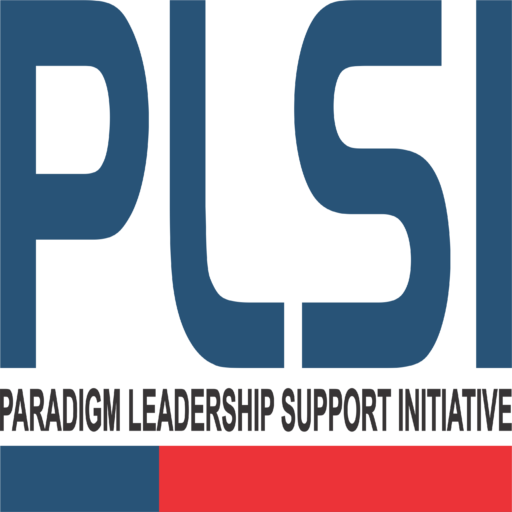Transparency and accountability are twin concepts that are essential pillars of democratic governance in modern societies. Transparency is often and subtly intertwined with accountability, in governance but it is a tool for holding public officials accountable and fighting corruption as such, transparency is a “means” and not an “end” in itself. When a government’s meetings are open to the public, its budgets subject to review by anyone, and its laws and decisions open to discussion then it is seen as transparent. Accountability, however, is an assurance that an individual or institutions of government will be evaluated based on their performance or behavior in relation to something for which they are responsible. Accountability has been defined as the obligation or willingness to accept responsibility or to account for one’s actions as a leader.
Transparency ensures that information is available and can be used to measure the authorities’ or institutions’ performance and to guard against any possible misuse of powers. In this regard, transparency serves to achieve accountability, which means that authorities can be held responsible for their actions and inactions. Without accountability, there would be lack of trust between public officials or authorities and the governed. This could lead to social instability and an environment that is not conducive for productive economic growth. More particularly, transparency and accountability constitute the panacea for sustainable democracy in forward looking nations of the world. These two concepts are even more important for a resource rich country like Nigeria. Adequate transparency and accountability are therefore critical for ensuring that resource wealth is managed for the benefit of the whole population. Transparency in natural resource explorations allows democratic debate on how expenditures and revenues should be handled.
At subnational level of government in Nigeria, concerted efforts have been put in place over the years by relevant stakeholders (World Bank, Open Government Partnership, Federal Government, State Governments and Civil Society Organizations) to improve transparency and accountability. To an extent, transparency has improved at subnational level going by certain policies and laws enacted unlike accountability which is hindered by the lack of political will to implement these policies and laws that can empower accountability mechanisms to function efficiently across all Ministries, Departments and Agencies. Paradigm Leadership Support Initiative in its 2021 Subnational Audit Efficacy Index identified some gaps inhibiting the effectiveness of accountability in governance at subnational level in Nigeria. Findings revealed that most States hurriedly passed their audit laws because of incentives attached to it without realistic implementation plans. PLSI also discovered that State Auditors-General are not autonomous and still largely dependent on the executive in carrying out their constitutional duties.
Transparency and accountability are key factors for efficient functioning of a nation and for fostering socio-economic well-being. At the three tiers of government in Nigeria (Federal, States and Local Governments), powers are delegated to public authorities and officials by citizens through their votes and citizens need to be constantly reassured that these powers transferred to them will never be abused but used to further citizens’ interest. Transparency should be measured at par with accountability. If there is an improvement in transparency, there should also be an improvement in accountability. To have improvement in accountability especially with use of public funds by government officials at subnational level, there is need to effectively implement audit laws. Exceptional political will to be transparent and accountable is required from political leaders and public officials to ensure that public funds are judiciously and prudently managed in the interest and usefulness of citizens and not embezzled by a corrupt few.
Join us at PLSI as we continue the journey of fostering public accountability in Nigeria!
This piece was written by:

Bukola Sowande – a staff of Paradigm Leadership Support Initiative (PLSI)

